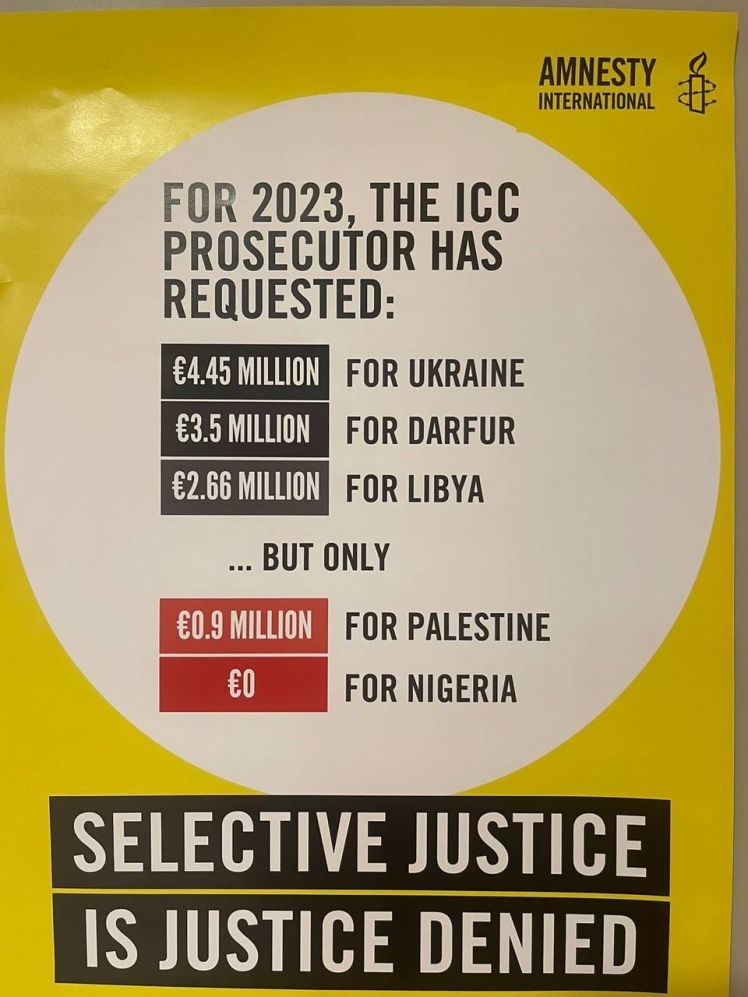The Verkhovna Rada (Ukrainian Parliament) Commissioner for Human Rights Dmytro Lubinets accused the human rights organization Amnesty International (AI) of abetting the Kremlinʼs information policy.
In his Telegram, Lubinets reacted to leaflets from Amnesty, which are distributed at the 21st session of the Assembly of States Parties to the Rome Statute. According to him, the organization distributes leaflets, which say that the International Criminal Court allegedly "blocks the possibility" to conduct investigations in other countries due to the process of investigating war crimes in Ukraine.
Lubinets said that Amnesty continues to "bury the remains of its reputation".
"I am forced to respond to similar cases so that those people and organizations that finance AI are informed that the organization is already clearly implementing the information policy of the Kremlin. It remains to be understood whether they were deceived by Russian propagandists or whether money really does not smell?" he wrote.
- On August 4, Amnesty International published a report in which it accused the Ukrainian army of violating humanitarian law and creating danger for civilians by placing military bases in residential areas, schools and hospitals.
- In response, the Ministry of Foreign Affairs of Ukraine called the report unfair, and the adviser to the head of the Office of the President Mykhailo Podolyak added that the only ones who put Ukrainian civilians at risk are the Russian troops.
- The Defense Minister Oleksiy Reznikov called Amnesty Internationalʼs report evidence of a "loss of adequacy" and an attempt to destroy his own authority.
- The head of the Ukrainian office of Amnesty International Oksana Pokalchuk resigned, and the head office of the organization was hit by a flurry of criticism.
- On August 7, Amnesty International apologized, but AI Secretary General Agnes Callamar said that the organization had been attacked by Ukrainian and Russian "trolls" in social networks. After that, Ukrainians launched a flash mob calling for Callamao to resign.
- Later, the Ministry of Culture of Ukraine reported that the report was based on the testimony of people who were under pressure in the occupied territories. Amnesty denies this.
